Economy
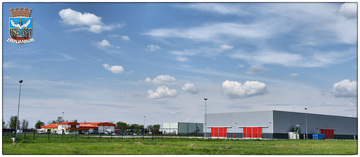
History of Zrenjanin economy
Those well familiar with the history of Zrenjanin region state that the beginning of Zrenjanin economy goes back to the period of the Turkish government, when the famous high rank Turkish army officer Mehmed-Pasha Sokolović announced Zrenjanin (Bečkerek at the time) the seat of Turkish administrative district and ordered the first trade shops to be built.
After the Turks had left the area started to be inhabited intentionally by other nations of the Central Europe bringing along new technologies. The project of turning of surrounding swamps into arable land by the building of canal system, all in order to increase the agriculture production, meant an upper level of raw material processing and transportation, so that during the industrial revolution, small processing plants were opened first to be soon followed by larger ones such as brewery, flax processing plant etc.
In 1872 Bečkerek was granted the status of a city.
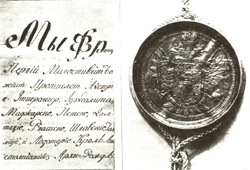
At the end of XIX century railroad was introduced into the town which further supports the development of industry so that by the end of the World War I and creating of the Kingdom of the Serbs, Croats and Slovenians the city was the third industrial centre of the new country, following Maribor and Zagreb.
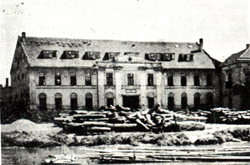
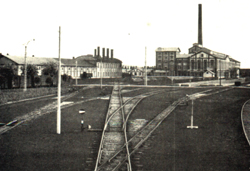
During the period after the World War II, Zrenjanin was the industrial centre of Banat and one of the leading centres of Vojvodina and Yugoslavia.
In early 90s, Zrenjanin got the reputation of "the biggest food producer", thanks to the large agricultural industrial concern "Servo Mihalj" employing about 2500 people, but by the end of 90s, due to economic sanctions and international isolation of the country, high inflation rate and war in surrounding areas, Zrenjanin economy became significantly weakened since the production covered the market of 25 million inhabitants and export.
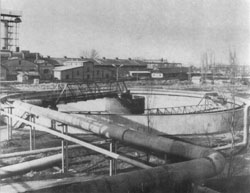
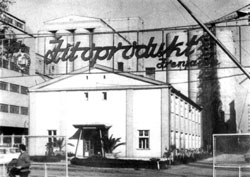
Today Zrenjanin is considered the most attractive city for investment, and three, out of ten biggest greenfield investments in Serbia in 2008 – found its place in Zrenjanin. The Project Zrenjanin Open has started to build up Zrenjanin economy, particularly because there are no more political obstacles, and the position of the City is very attractive with local population highly qualified in most industrial branches and culturally it reflects Central Europe image and capacities are pretty modern and in good shape. Domestic companies are well experienced in working with foreign investors and employers and they are used to work according to West business standards.
 Skupstinagrada Zrenjanina
Skupstinagrada Zrenjanina